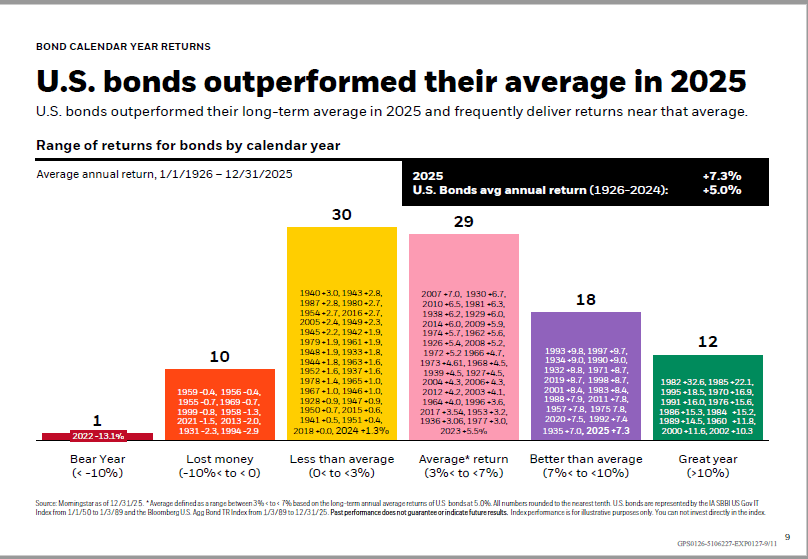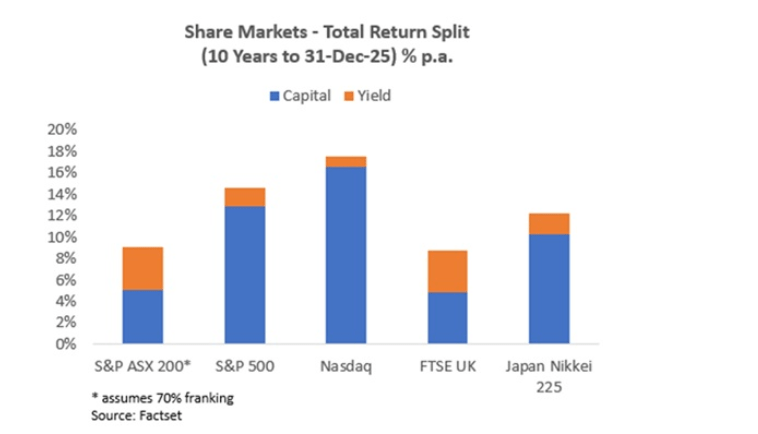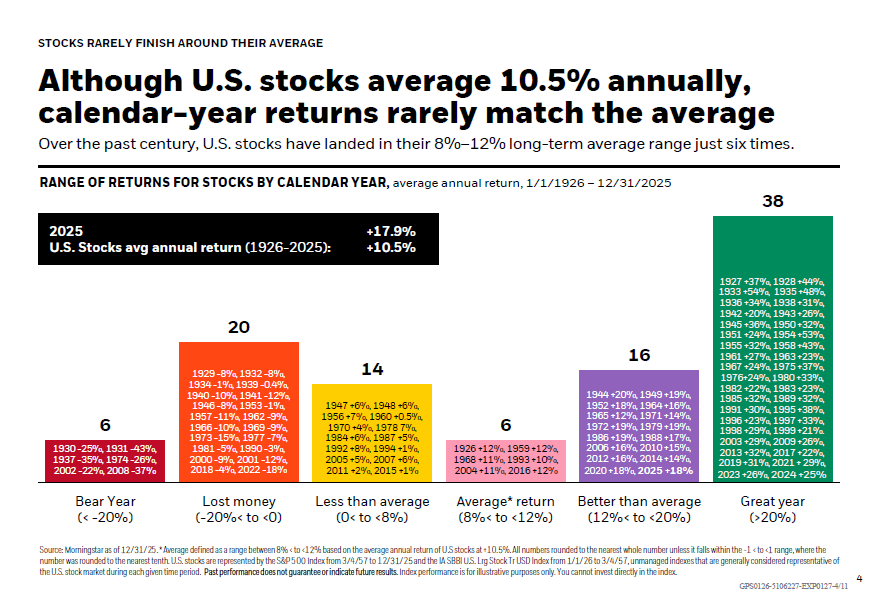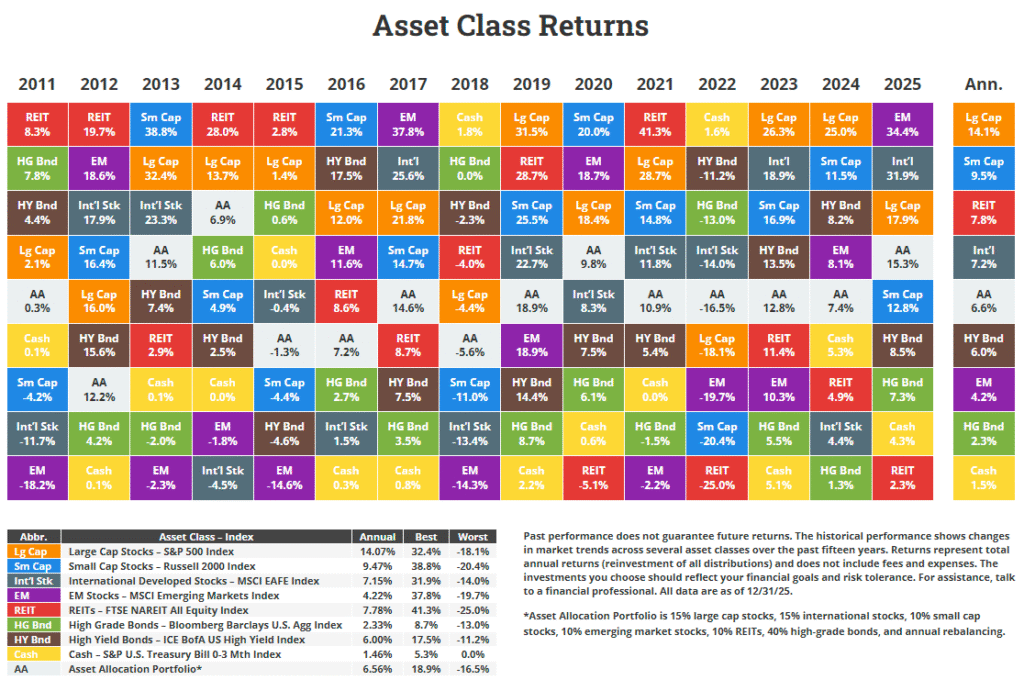US stocks have had a multi-year bull market until recently. Even after the recent shakeup stocks have recovered and are again rising strongly. However in terms of valuations, American equities are expensive relative to their foreign peers. While US stocks have always enjoyed a premium over other developed markets, in terms of performance US stocks and global stocks take turns every few years. Or to put it another way, in some years US outperforms other developed markets while in other periods, other markets beat the US market.
Global stock are attractive relative to their US peers from a valuation perspective. From a recent article at Hartford Funds:
An Open Call
Movie producers aim to discover and groom a young actor or actress before he or she becomes a big star. The same goes for investors looking to buy equities. (FIGURE 4).
After taking their valuations into consideration, EM and developed markets (DM) appear to be inexpensive when compared with their US equivalents. Add in their dividend growth and dividend yield, and it may potentially be worth taking another look at these regions.FIGURE 4
Global Equities Characteristics(12/31/2017)
Based on the percent of total holdings of the MSCI ACWI Index. Data Source: FactSet, 1/18. Estimates are subject to change.
Tomorrow’s Marquee Names?Paying too much to hire a big name star, who ultimately fails to put people in seats, is a regular occurrence in Hollywood. Sometimes the less-hyped talent end up surprising everyone. Likewise, the developed markets with higher country returns may not be what many would expect (FIGURE 5).
While returns have generally been strong across the board, many other countries fared as well or better than the US. Surprisingly, other countries typically associated with being some of the world’s economic generators also returned less. They had forward Price/Earnings (PE) ratios9 higher than less expensive countries that provided better returns over the past year. That means those big name markets are predicted to cost investors more, but may offer less in returns.
FIGURE 5
International Markets Have Offered Attractive Valuations
1-Year Performance and Forward P/E Ratios
Data Source: FactSet, 1/18. As of 12/31/17. Performance data quoted represents past performance and does not guarantee future results. Returns and P/E based on the individual region/country returns of the MSCI ACWI Index. Countries listed by market-cap size. A simple average was used to calculate the return and P/E for countries in the “Other” category. Country portfolios are capitalization-weighted with free-float market cap. The portfolios are theoretical and assume no fees, trading costs, or any short selling restrictions. Actual results may differ significantly. Performance is based on annual “total returns,” which includes reinvested dividends but not interest, capital gains, taxes, or transaction costs. MSCI performance is shown net of dividend withholding tax. Index is unmanaged and not available for direct investment. Please see the back page for representative index definitions.
Source: A Reboot for International Equities, Hartford Funds, Jan 2018
The complete article linked above is worth a read.





